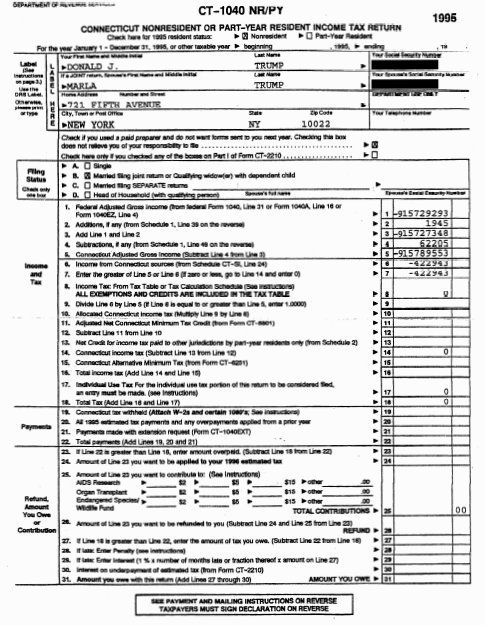

Opinion | Will the Supreme Court Protect Trump? - The New York Times
by Linda Greenhouse
When the first two of President Trump’s appeals seeking to shield his financial records from disclosure reached the Supreme Court last month, I predicted that the justices would take their institutional interests into account and turn the cases down.
I was wrong.
And on reflection, now that the court has agreed to hear those two appeals plus a third, I’m glad I was wrong. Here’s why: The eventual decisions, to come in the months after the as-yet unscheduled arguments in late March or early April, will give the country much-needed clarity about the Supreme Court. With the court in the full glare of an election-year spotlight, we will learn beyond any doubt what kind of Supreme Court we have — and whether its evolution into partnership with a president who acts as if he owns it is now complete.
Those of us who have been warning about this evolution are well aware that it’s a contested claim, subject to ready dismissal as overstatement or ideologically driven fearmongering. So I want to make the case here that for the justices to do anything other than affirm the three decisions at issue by two Courts of Appeals would be to vindicate both the warnings and the president’s disturbing assumption.
The fact is that these cases are not what the president’s lawyers have dressed them up to be. This is not Congress or the federal courts putting the president in the dock. No, that was United States v. Nixon, the Watergate tapes case, in which the court under a conservative chief justice, Warren Burger, who had been named to the court by Mr. Nixon, unanimously rejected the president’s claim of privilege against releasing records of intimate Oval Office conversations for use by a special prosecutor in a criminal trial.
***
***
In fact, in one of the two New York cases, Trump v. Deutsche Bank, Judge Jon O. Newman of the United States Court of Appeals for the Second Circuit, noting that the complaint filed by the president’s lawyers stated that “President Trump brings this suit solely in his capacity as a private citizen,” referred throughout his 106-page opinion to the “Lead Plaintiff” rather than President Trump.
“Although the challenged subpoenas seek financial records of the person who is the president,” Judge Newman wrote, “no documents are sought reflecting any actions taken by Donald J. Trump acting in his official capacity as president.”
Judge David Tatel, writing for the United States Court of Appeals for the District of Columbia Circuit in Trump v. Mazars USA, in which the House Oversight Committee is seeking records from an accounting firm, noted that for six of the eight years covered by the subpoena, President Trump was “merely Mr. Trump or candidate Trump.”
“It is far from obvious that President Trump, proceeding in his individual capacity, carries the mantle of the Office of the President in this case,” Judge Tatel wrote. He added that the House committee’s request “implicates no material subject to a recognized legal privilege or an asserted property interest.”
This is the “question presented” offered by the president’s lawyers in their petition in Trump v. Vance: “Whether this subpoena violates Article II and the Supremacy Clause of the Constitution.” (The Constitution’s Article II establishes the presidency, while the Supremacy Clause in Article VI gives federal law precedence over state law where the two conflict.)
By contrast — a contrast as extreme as any I can recall — this is how the district attorney presents the question in his brief opposing Supreme Court review: “Whether presidential immunity bars the enforcement of a state grand jury subpoena directing a third party to produce material which pertains to the president’s unofficial and nonprivileged conduct.”
That careful framing, rather than the president’s, reflects what Chief Judge Katzmann actually wrote:
“We have no occasion to decide today the precise contours and limitations of presidential immunity from prosecution, and we express no opinion on the applicability of any such immunity under circumstances not presented here. Instead, after reviewing historical and legal precedent, we conclude only that presidential immunity does not bar the enforcement of a state grand jury subpoena directing a third party to produce nonprivileged material, even when the subject matter under investigation pertains to the president.”
And this is the opinion that the president’s Supreme Court petition calls “irreconcilable with our constitutional design.”
No comments:
Post a Comment